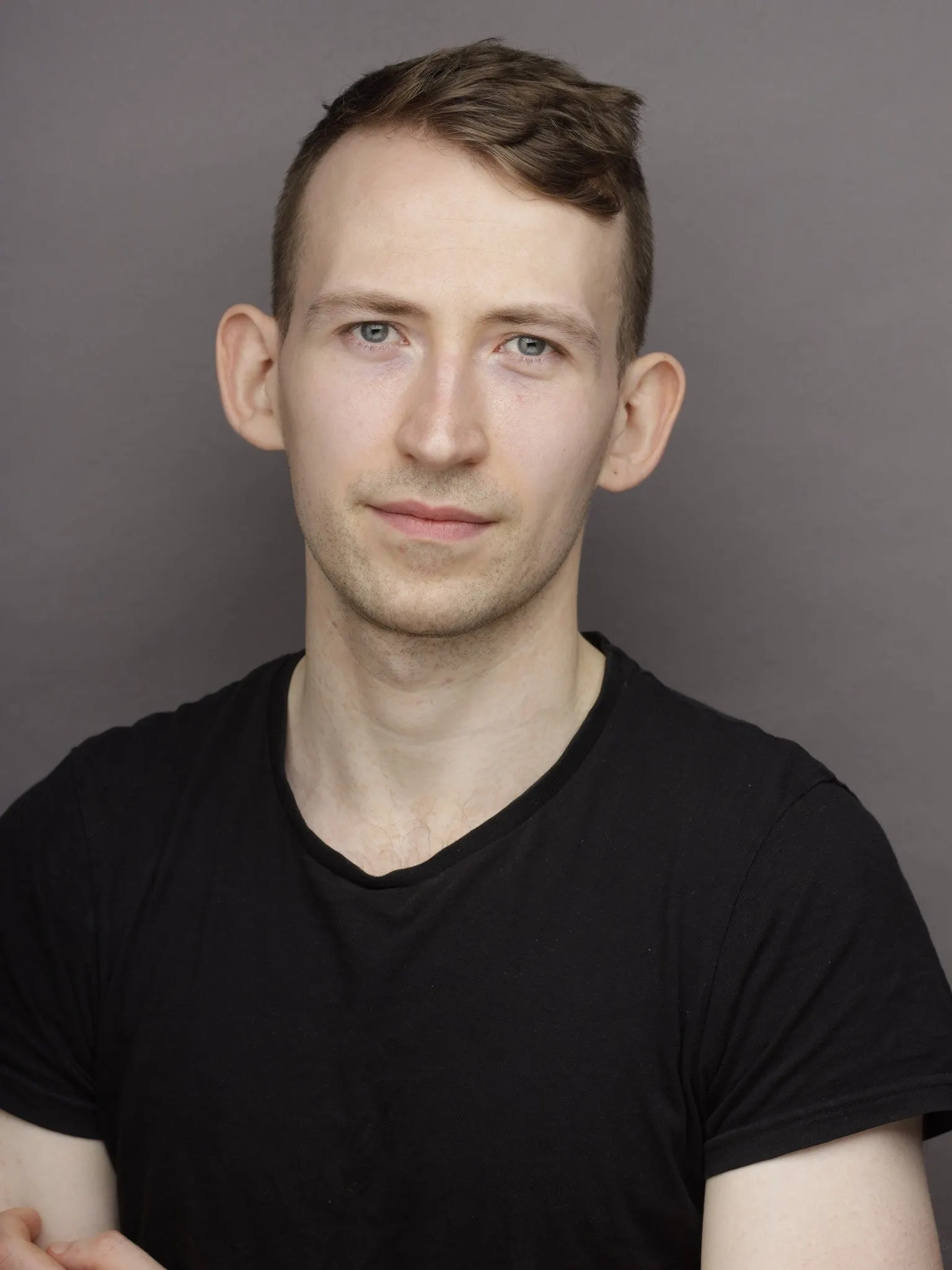Civil proceedings from the SEC and CFTC against disgraced crypto founder Sam Bankman-Fried have been deferred until the former CEO’s criminal case is concluded.
On February 7, U.S. Attorney for the Southern District of New York Damian Williams, representing the government’s criminal prosecution, requested that both the SEC and CFTC proceedings be paused until the resolution of the United States v. Samuel Bankman-Fried.
Williams argued at that time that the criminal case’s outcome would have a “significant impact” on the outcome of the civil proceedings, claiming in the filing that running the civil case simultaneously would give Bankman-Fried time to “improperly tailor his defense in the criminal case.”
The attorney also alleged that Bankman-Fried could “improperly obtain” information about the prosecution's witnesses, as well as circumvent criminal discovery rules.
Last month, federal prosecutors said that Bankman-Fried engaged in “witness tampering” and had tried to contact “the current General Counsel of FTX US” through the encrypted messaging application Signal and email on January 15.
Williams cited considerations of “judicial economy” for granting the pause, adding that the courts have a “strong interest in the efficient resolution of both the criminal and civil cases.” He said that the common issues between the civil and criminal proceedings can be resolved first in the criminal proceeding.
The criminal case contains additional charges of money laundering and campaign finance violations, which are not specifically alleged in the civil cases, and it is generally “broader in scope” than the civil actions, according to the court document from last week.
Sam Bankman-Fried on trial
The FTX founder appeared in a Manhattan court on January 3 and pleaded not guilty to all eight charges, which include wire fraud and money laundering, and now awaits a trial scheduled for October.
Before it filed for Chapter 11 bankruptcy on November 11, FTX was one of the world’s largest crypto exchanges.
The disgraced founder now faces a maximum sentence of more than 100 years in federal prison if he’s found guilty of charges against him. He currently resides in his parent’s home in Palo Alto under house arrest.

